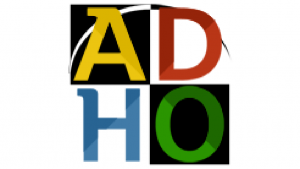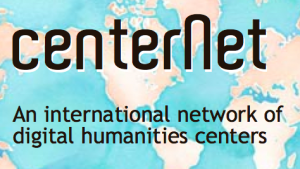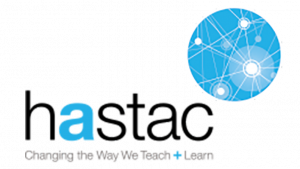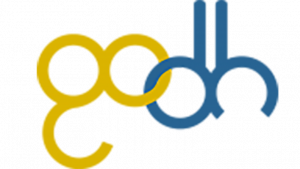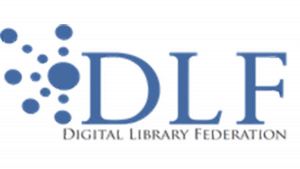Digital Humanities at Duke University
The Digital Humanities Community at Duke promotes new ways to engage in and learn about the use of technology in humanities scholarship. This site aggregates information from various programs and initiatives around campus. The Digital Humanities Initiative @ the John Hope Franklin Humanities Institute, Trinity College of Arts and Sciences, and Duke Libraries' all provide programming and support.
This website showcases completed and ongoing digital humanities Duke projects, spaces, and activities; promote workshops, events, and activities; and serve as a portal for exploring technology solutions for collecting, analyzing, interpreting and presenting humanities scholarship.
Our expanded idea of “digital humanities” includes digital transformations of scholarly practice and dissemination within the humanities, opportunities for interdisciplinary collaboration and innovative teaching made possible by digital tools and methods, creative and experimental uses of technology for scholarly communications, and critical study of computational media and digital culture globally.
Core Principles
- teaching/research/outreach connections through courses and projects
- analog and traditional, disciplinary approaches to scholarship facilitated by the digital
- innovative approaches to research, presentation, and discovery make possible by the digital
- information/data sciences connections
- critical media/tech studies and theories informing the work
- art-science and media collaborations in teaching, research, and the arts
- external project collaborations and partnerships: local, regional, and global
